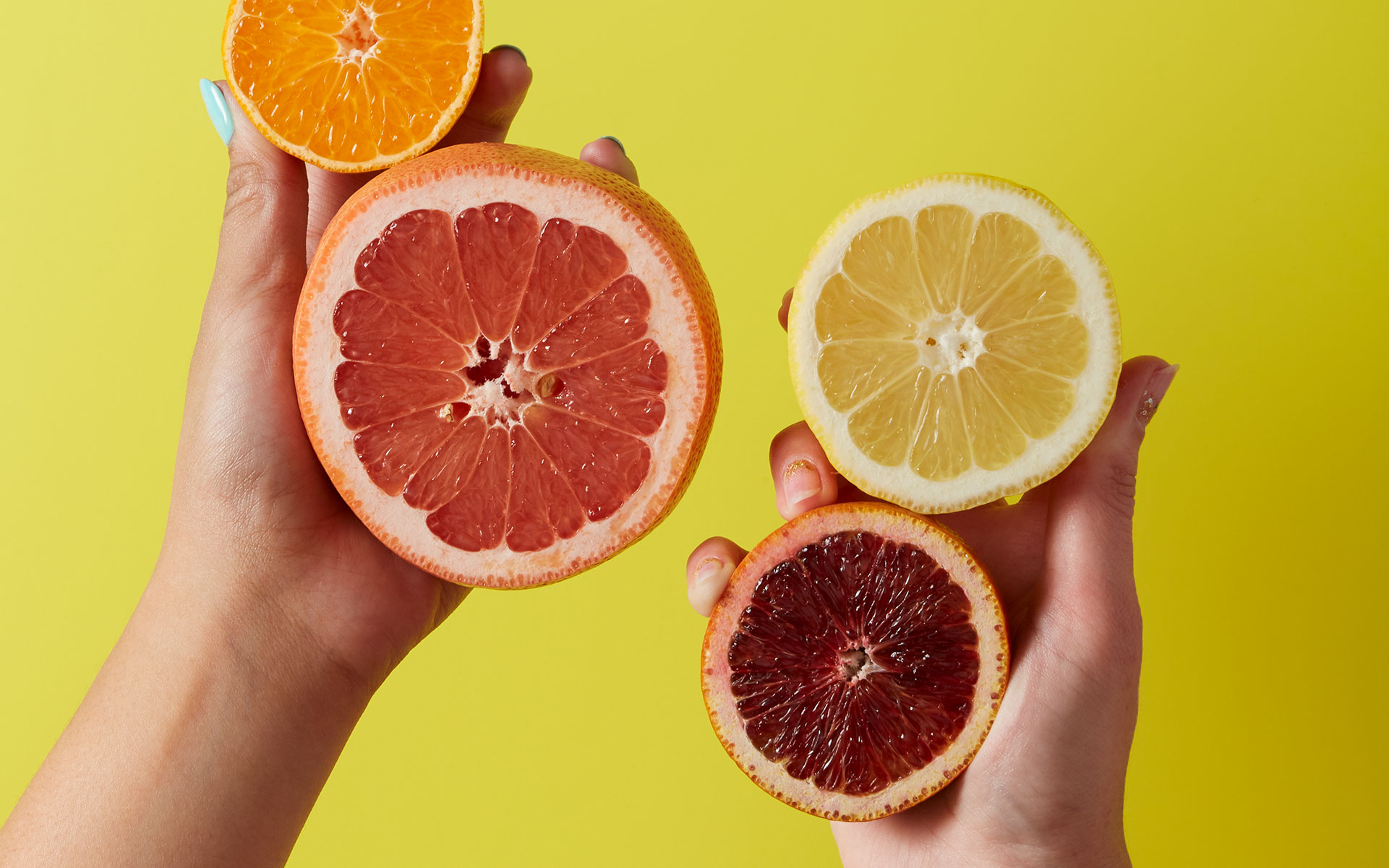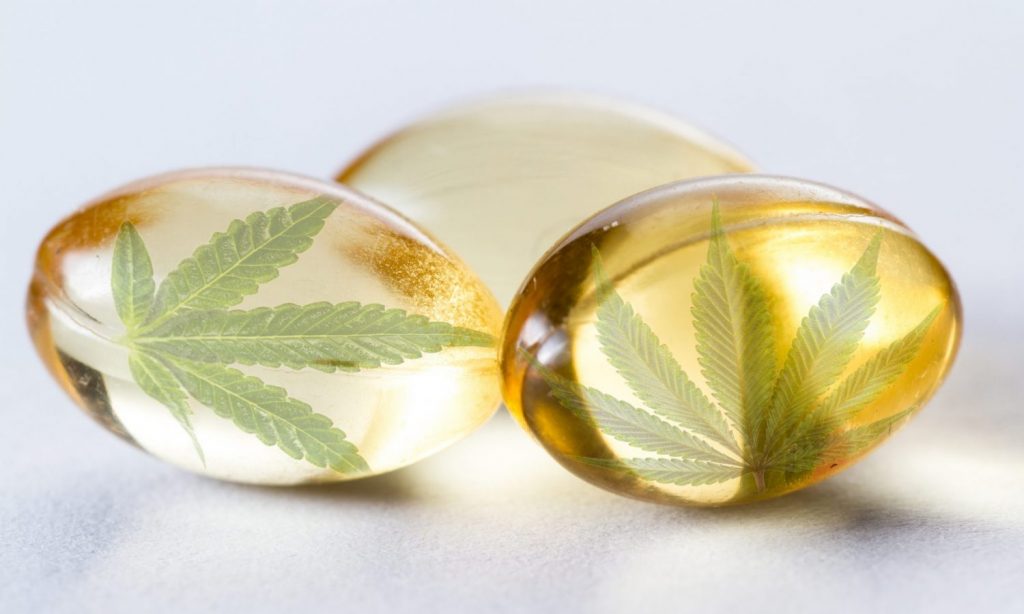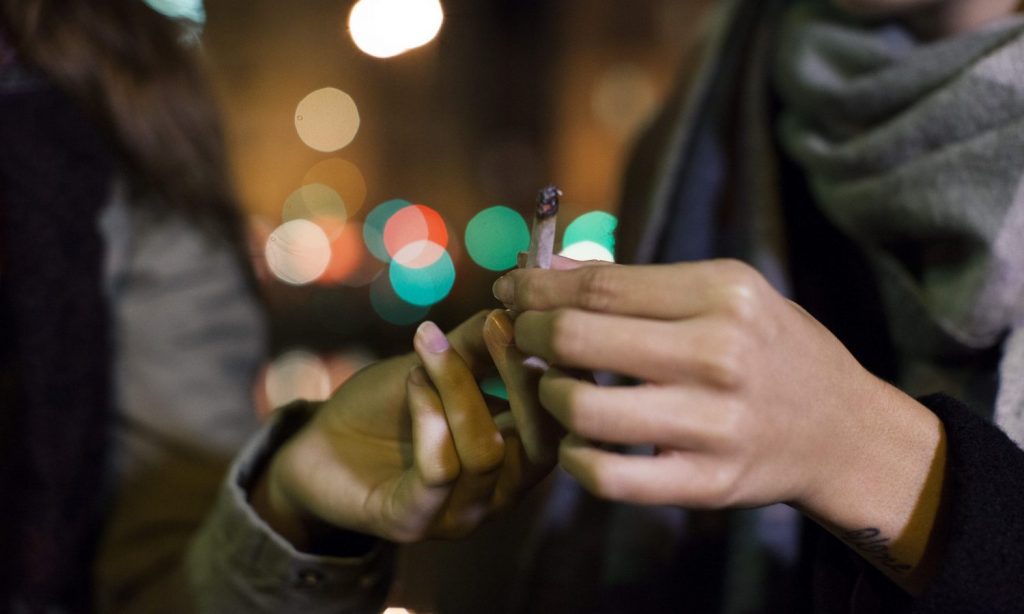Top study takeaways:
- Ever eat mangos to help you get higher? Maybe pound some lemonade to prevent anxiety
- Test subjects who vaped lots of the terpene limonene with their weed reported lower anxiety in a small study
Leafly Ph.D Nick Jikomes dissects the hype new study on the smell molecule limonene below. Report your findings in the comments section.
The “entourage effect” is the idea that the psychoactive effects of cannabis result from a combination of different plant molecules. The idea is widely used in the cannabis industry to help explain the distinct effects that cannabis strains are reported to have–each one contains a different combination of THC, terpenes, and other compounds. These claims have been largely theoretical, with limited empirical evidence to show that specific combinations of cannabinoids and terpenes reliably induce measurably different effects in humans.
A new study, however, investigates whether the common cannabis terpene limonene, when consumed together with THC, results in different effects compared to THC on its own.
A bit of limonene is in many weed varieties
Limonene is one of the most abundant terpenes found in commercial cannabis. Cannabis strains with the highest limonene levels typically contain between 1 to 3% limonene by weight. Commercial THC-dominant cannabis flower today often has THC content in the 20-25% range, meaning that the most limonene-rich strains will have a roughly 20:1 ratio of THC to limonene.
Limonene is found naturally in many citrus fruits. On its own, it has a pleasant, citrus aroma. A limited number of animal studies have observed anti-anxiety effects in rodents given limonene. Similar observations have been made in human studies, although they had small sample sizes or lacked important controls. Given that anxiety is a common side effect of THC—especially when relatively large doses are consumed—it has been hypothesized that limonene may be able to mitigate these effects. If true, this would suggest the possibility that THC-dominant strains high in limonene might be less likely to elicit anxiety than those with lower limonene content.
Vaping limonene and THC—for science!
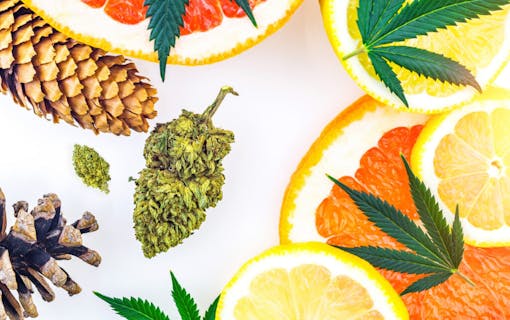
In this new study, researchers at Johns Hopkins administered different combinations of THC, limonene, and a placebo of distilled water to twenty human subjects in a double-blind trial. Each person participated in several separate vape sessions where they received one of the following:
- Limonene alone (1mg or 5mg)
- THC alone (15 mg or 30 mg)
- THC + limonene together (15 or 30 mg THC + 1 mg limonene)
- THC + limonene together (15 or 30 mg THC + 5 mg limonene)
- THC + limonene together (30 mg THC + 15 mg limonene)
- Placebo (distilled water)
The subjects were healthy adults who used cannabis intermittently. A hand-held Might Medic vaporizer (made by Storz and Bickel) was used for administration. Subjects consumed 15 and 30 mg doses of THC because, based on previous research, those doses often trigger small (15 mg THC) to moderate/large (30 mg THC) psychoactive effects, with the larger dose expected to trigger more side effects like anxiety. Researchers assessed participants using standardized questionnaires. One of these, the “Drug Effect Questionnaire,” asks subjects to rate various subjective drug effects on a 0-100 scale. Another, the “State-Trait Anxiety Inventory (STAI-S),” assessed their anxiety/distress levels before and after drug administration. Researchers also tracked heart rate, blood pressure, and plasma levels of THC and limonene. (For more details on the study methods, including the standardized procedures, check out the paper itself.)
What did they find? Did the presence of limonene affect the subjective effects of THC, or reduce side effects like anxiety and paranoia?
Three limonene-dominant hype strains
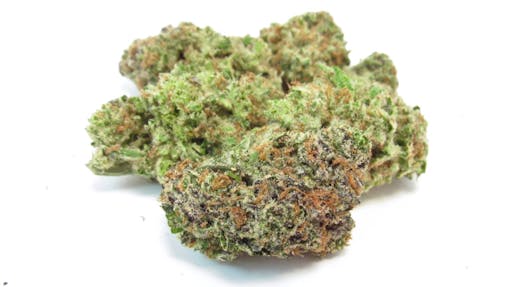
And the results come in
I recently spoke with the lead author of the study, Dr. Ryan Vandrey of Johns Hopkins University, about how his team designed the study and built in important controls. For one: test subjects received the real deal molecules, not some burned-up version.
“We made sure that when we heated it at this temperature, this device, we didn’t convert these things into something else,” Dr. Vandrey explained. “So we were very careful to get our dosing methods secure, and to work with this. We opted for inhalation and vaporization in particular, so we know that our doses are being delivered fully and completely.”
Shop highly rated dispensaries near you
Showing you dispensaries near
Consumption of THC went as planned. The control placebo containing 0 mg THC did not cause substantial subjective effects, anxiety or paranoia, or changes in heart rate. Consumption of 15 or 30 mg of THC did trigger these changes, with the higher dose producing larger effects on average.
“We picked two doses of THC, 15 milligrams and 30 milligrams, which to the occasional cannabis user will get people moderately high at pretty dang high,”
Dr. Ryan Vandrey, Johns Hopkins University
Related
How to order weed delivery online with Leafly
But did consumption of limonene together with THC lead to different effects compared to the same dose of THC alone? Yes—if you’re limonene-maxing.
When limonene was administered alone, without THC, its effects did not differ compared to the placebo.
But with co-administration of THC and limonene, however, the team saw differences compared to THC alone, but only at the highest dose of limonene (15 mg).
Compared to 30 mg of THC alone, consumption of 30 mg THC + 15 mg limonene resulted in lower subjective ratings for “anxious,” “paranoid,” and “unpleasant drug effect.”
Subjective ratings of “anxious” and “paranoid” were less than half of those seen with 0 mg limonene.
Subjective ratings of “anxious” and “paranoid” were less than half of those seen with 0 mg limonene.
Although the result was statistically significant at the highest limonene dose (20 mg), the sample size (n=20) was small and it’s not clear if most subjects saw this effect, or a small minority experienced large differences.
The presence of limonene did not influence physiological measures like heart rate, nor did it lead to differences in the intensity of THC’s subjective effects or blood levels of THC.
“That’s important… because it suggests that limonene isn’t somehow interfering with THC absorption. It’s not somehow changing the pharmacology. It’s not blocking THC’s ability to bind to the cannabinoid receptor,” Dr. Vandrey told me.
Did test subjects detect any lemon?

Because limonene has a taste, smell, and influences vapor quality, blinding may have been an issue, especially at higher doses of limonene.
Put another way, if subjects could taste or smell this terpene, or noticed that the vapor felt different, it could have colored their experience.
According to Dr. Vandrey, however, the team’s drug delivery design minimized the subjects’ ability to discern what they were consuming via taste or sight.
“We did everything to maintain the blind in this study,” he said. “The drugs were sealed inside of the vaporizer, but they couldn’t see it, they couldn’t smell it or anything like that.”
Weed’s entourage effects remain hard to pin down
While the results of Vandrey’s study proved statistically significant, the size of the effect was quite modest. Co-administering THC with 15 mg of limonene resulted in decreases of anxiety, but not 1 mg or 5 mg of limonene.
It’s important to note a key caveat: Subjects were not consuming whole-plant cannabis products like those we can buy in dispensaries. They were only consuming specific combinations of THC and/or limonene.
The modest effects they saw were only seen with 30 mg of THC with 15 mg limonene, which is a 2:1 THC:limonene ratio. This is not a combination found in commercial cannabis flower. Expect a roughly 20:1 THC:limonene ratio for even the most limonene-rich strains.
Taken at face value, the results of the Johns Hopkins study indicates maxing out on limonene may reduce The Fear.
However, they do not demonstrate that limonene-rich, THC-dominant cannabis purchased from a dispensary contains enough limonene to accomplish the same goal.
If limonene or other cannabis terpenes can indeed reliably modulate the effects of THC in commercially-available cannabis products, future research will have to focus on them. Such products contain more complex mixtures of THC and a variety of terpenes and other molecules, many of which are present at low levels. Does the “entourage effect” really explain all the effects of weed? Researchers will need to carefully measure the effects of real-world stuff to know for sure.
For more detail on this study, listen to my full conversation with Dr. Ryan Vandrey. Mind & Matter is a science column by Nick Jikomes, PhD focuses on how psychoactive drugs influence the mind & body. It is inspired by the long-form science podcast, Mind & Matter.



